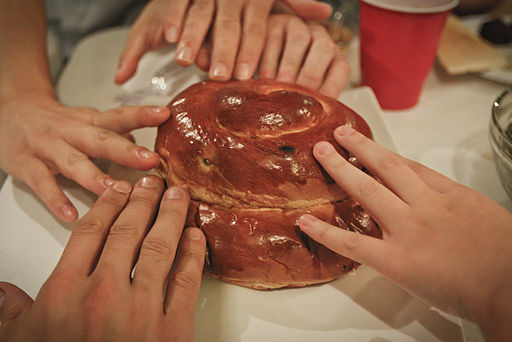Sabbath, Shabbat, Shabbos, and the less-common Shabbath and Shabbas (an attempt to reconcile Eastern European consonant pronunciation with North African and Middle Eastern vowel vocalization) are all examples of the futility of attempts to standardize the transliterated pronunciation of a language whose speakers were dispersed from their homeland for a millennium and a half. Splintered elocution, however, takes a backseat to a splintered people divided by religious, political and philosophical differences. It is precisely these types of differences that the organizers of The International Shabbos Project hope to persuade Jews to overcome in favor of national unity — at least for 25 hours — this weekend.
The Shabbos Project originated in South Africa and organized nationwide Shabbat observance for one Shabbat in October 2013. According to the South African Jewish Post, it was a huge success, with an estimated 30,000 or more participants out of about 75,000 South African Jews, in contrast to approximately 10,000 regular Shabbat observers. South Africa’s chief rabbi, Rabbi Dr. Warren Goldstein, attributed a rise in South African Jewish unity and pride in Jewish affiliation to the project’s success and hopes to spread more of the same among Jews around the world.
According to the project’s website, its two stated goals are Jewish unity, going along with their “Keeping it together” tagline, and spiritual and emotional rejuvenation through a break from the outside world and its stresses, in favor of time spent with family, friends and oneself. With the latter goal in mind, the project seeks to simplify the 25-hour break from creative activity, which might well seem daunting to non-regular Shabbat observers. For example, while Jewish religious laws pertaining to Shabbat observance are complex, having generated many bookshelves’ worth of volumes over the course of thousands of years, Rabbi Goldstein and his co-organizers wrote up a user-friendly beginner’s guide to Shabbat, on their website. The pamphlet includes step-by-step instructions on how to prepare for Shabbat and tips on matters such as host gifts and Shabbat activities, which avoid the use of most modern technology that relies upon creative activities such as electricity generation or the completion of an electrical circuit. Those unfamiliar with Shabbat observance can sign up for a “Shabbat coach” to talk them through preparation and answer any questions the participants may have. The website also provides an option to host or be hosted for a Shabbat meal or the entire Shabbat.
At Hillel at UCLA, Rabbi Aryeh and Sharona Kaplan of the Jewish Learning Initiative on Campus are planning to host one of many Shabbos Project programs in and around Los Angeles. Sharona Kaplan describes the project as not only an opportunity for greater unity among Jews but also as a noncommittal “point of entry” for those who might be interested in a new kind of Jewish experience without feeling pressured to become Shabbat regulars. People like belonging to a community, she explains, and this is an opportunity to “become part of the klal [Jewish community].”
Whether one is a fully Shabbat-observant, die-hard cholent-eater, a casual kiddush drinker, or simply prefers to steer clear of a synagogue, it should be interesting to see the outcome of a South African idea spread across the world. Until then, enjoy the various pronunciations of that tricky three-letter Hebrew word for the seventh day of the week in the video below, which can also be viewed here.
For more information about The Shabbos Project at UCLA, contact Rabbi Aryeh and Sharona Kaplan at [email protected].

